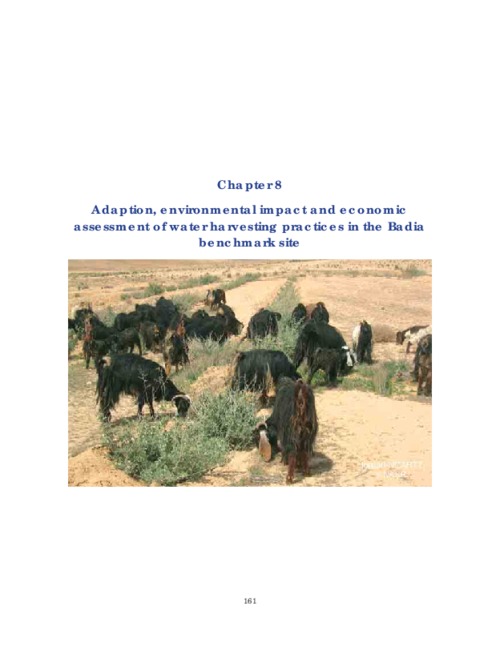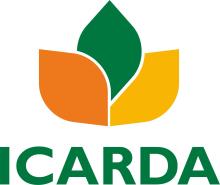Resource information
The shortage of water in arid zones represents the most serious obstacle to poverty reduction because it limits the extent to which poor producers of crops and livestock can take advantage of opportunities arising from emerging markets, trade, and globalization. Water shortage in arid zones limits the variety and quantity of crop and livestock products a smallholder can produce, thus narrowing their range of options. Furthermore, poor smallholder producers seldom use productivity-enhancing inputs, such as improved seed varieties and fertilizers, due to high risks associated with variability of water available for plant growth. This, together with the fluctuations in yields, makes it hard for poor farmers to participate in emerging market economies.


